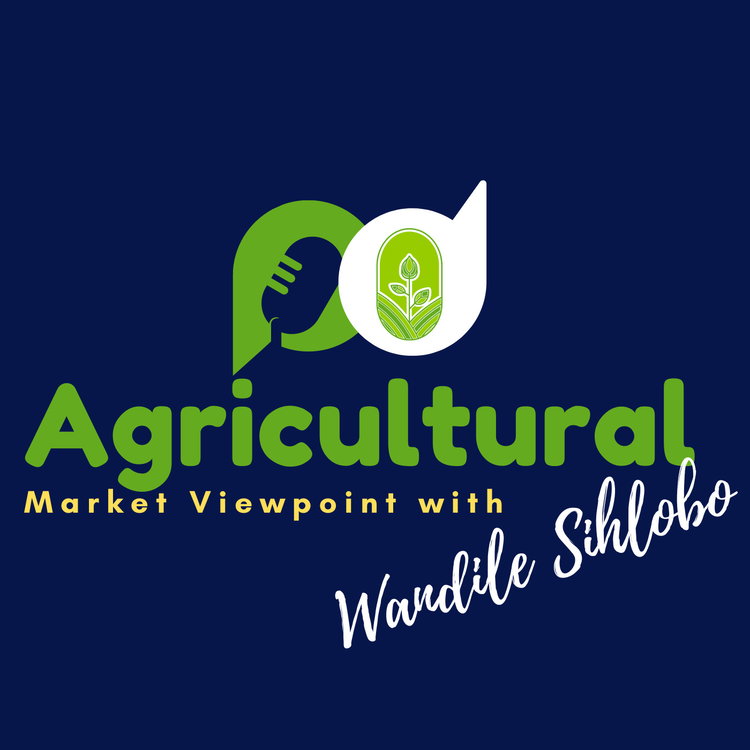
The conundrum of rising agricultural output and worsening food security in South Africa
Loading player...
South Africa has the contradiction of being the leading agricultural exporter in Africa, while swelling number of households that is food insecure. Without proper policy engagement of this challenge, the sector face the risk of more waves of misconceptions about its export-driven growth drive while many South Africans are impoverished.
We believe that an accurate diagnosis of the problem and its underlying causes is critical to formulating a suitable policy response.
In February 2025, Statistics South Africa released the Food Security Report for 2019, 2022 and 2023 (COVID-19 affected the ability to collect data in 2020 and 2021 ). The report utilized data from the General Household Survey (GHS) for those years.
The report's most striking observation was that ‘the proportion of households in South Africa that experienced moderate to severe food insecurity was estimated at 15,8% in 2019, 16,2% in 2022, and 19,7% in 2023. Over this period, the proportion of households that experienced severe food insecurity was estimated to be 6,4%, 7,5%, and 8,0%, respectively’.
It is not the lack of supply of nutritious, high-quality food and safe food products, or prices that has caused the deteriorating food security. Access seems to be the fundamental challenge, especially for households with no regular income sources.
Therefore, addressing income poverty at the household level must be at the center of any strategy to deal with food insecurity. Clearly, this is not a challenge that can be resolved by the agricultural sector alone but through coordinated efforts to grow the South African economy, lift employment across various sectors and providing appropriate support to vulnerable households.
Listen to the podcast for more insights.
Richard Humphries and Sam Mkokeli produce this podcast.
We believe that an accurate diagnosis of the problem and its underlying causes is critical to formulating a suitable policy response.
In February 2025, Statistics South Africa released the Food Security Report for 2019, 2022 and 2023 (COVID-19 affected the ability to collect data in 2020 and 2021 ). The report utilized data from the General Household Survey (GHS) for those years.
The report's most striking observation was that ‘the proportion of households in South Africa that experienced moderate to severe food insecurity was estimated at 15,8% in 2019, 16,2% in 2022, and 19,7% in 2023. Over this period, the proportion of households that experienced severe food insecurity was estimated to be 6,4%, 7,5%, and 8,0%, respectively’.
It is not the lack of supply of nutritious, high-quality food and safe food products, or prices that has caused the deteriorating food security. Access seems to be the fundamental challenge, especially for households with no regular income sources.
Therefore, addressing income poverty at the household level must be at the center of any strategy to deal with food insecurity. Clearly, this is not a challenge that can be resolved by the agricultural sector alone but through coordinated efforts to grow the South African economy, lift employment across various sectors and providing appropriate support to vulnerable households.
Listen to the podcast for more insights.
Richard Humphries and Sam Mkokeli produce this podcast.

